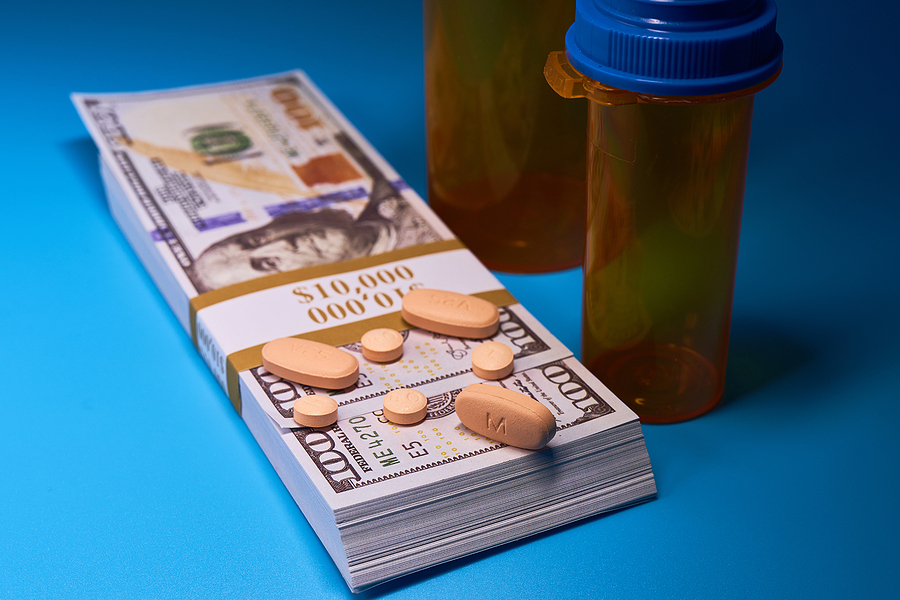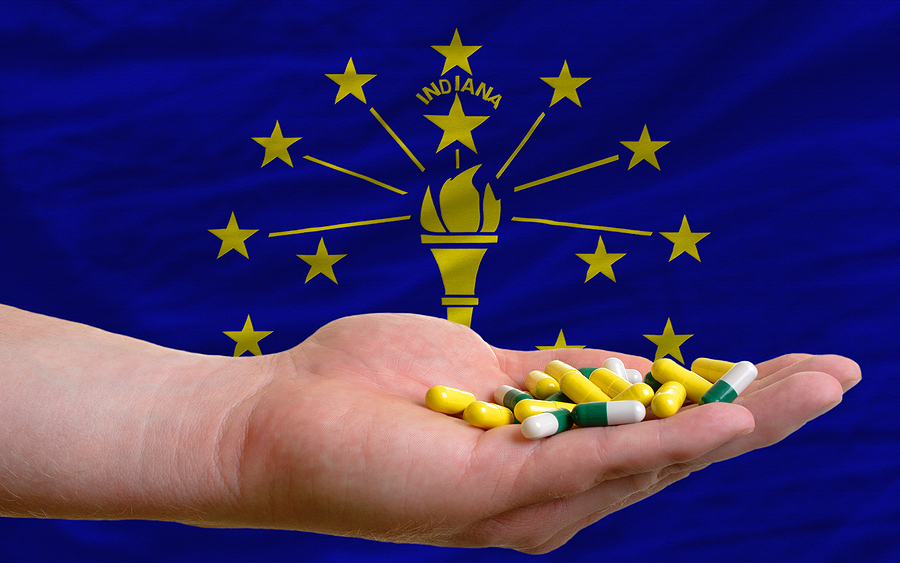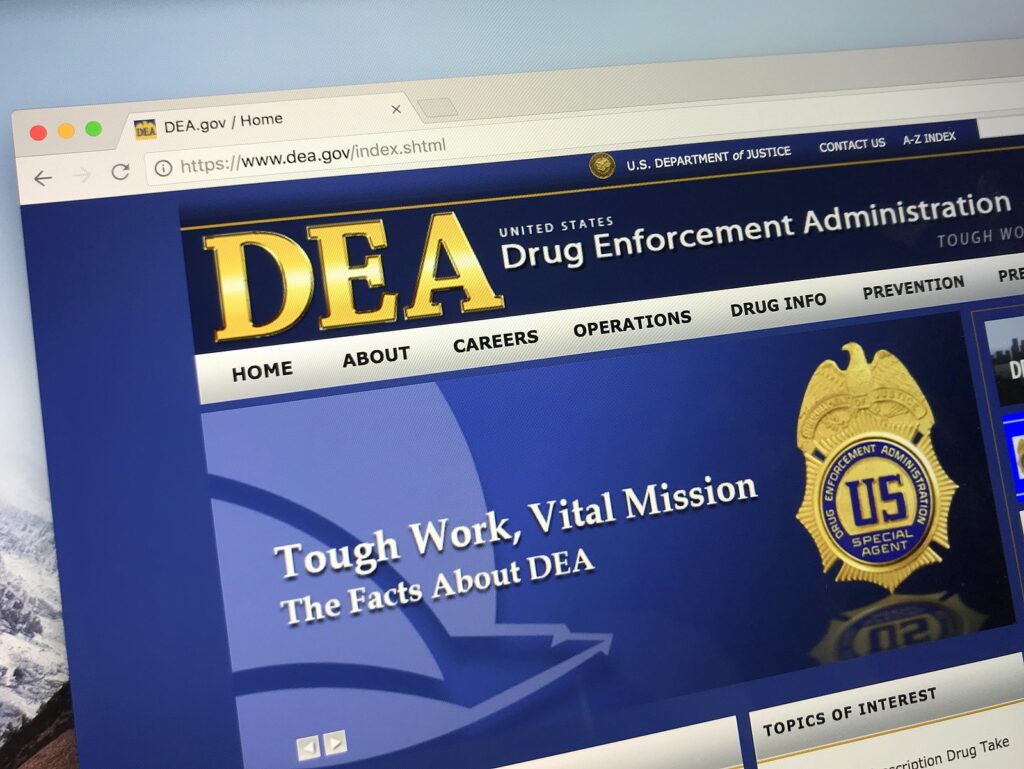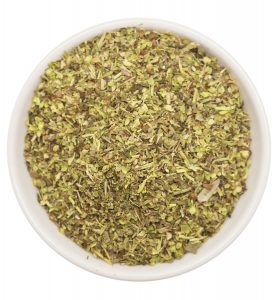Being arrested for drug possession can be a frightening and disorienting experience, particularly in Indiana where drug laws are notably stringent. This blog post aims to provide you with crucial information and actionable advice to navigate this challenging situation. It is crucial to remember that every decision you make from the moment of your arrest can profoundly impact the outcome of your case.
Understanding your rights, the legal process, and the importance of securing a seasoned criminal defense lawyer will serve as your guiding compass. Read on to equip yourself with knowledge that can make a significant difference in your future.
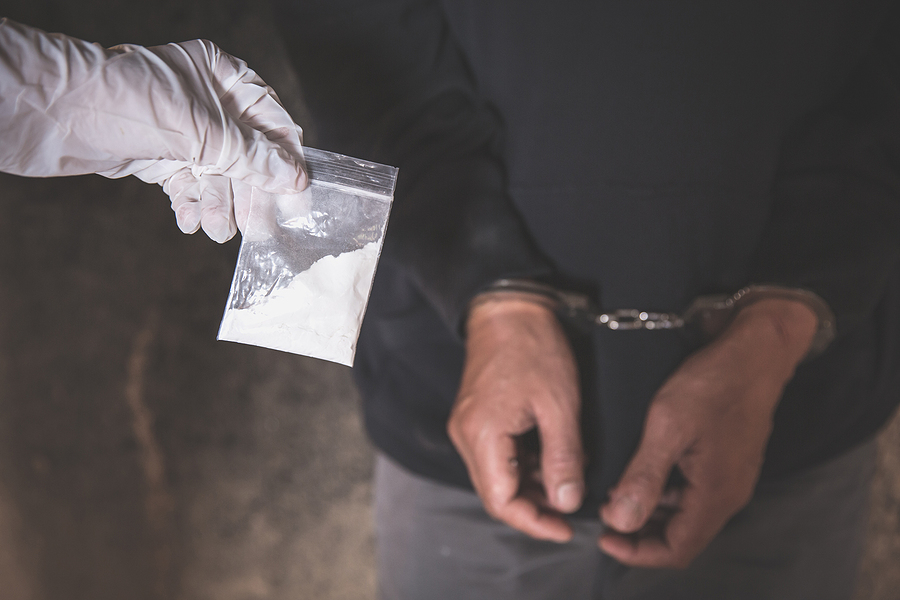
Your Rights as an Arrested Individual
As a citizen of the United States, you have certain constitutional rights that protect you during an arrest. These include the right to remain silent and your right to an attorney. It is essential to exercise these rights immediately after your arrest and not answer any questions or make statements until you have spoken with a lawyer. Anything you say can be used against you, so it is best to remain silent until you have legal representation.
How to Behave While Under Arrest
It is crucial to remain calm and cooperative during an arrest. Any resistance or hostility towards law enforcement can escalate the situation and potentially result in additional charges. You have the right to ask why you are being arrested, but it is important to refrain from arguing or attempting to flee. Additionally, do not consent to any searches without a warrant or probable cause as this can also lead to further legal complications.
Understanding Indiana’s Drug Possession Laws
Indiana has strict laws regarding drug possession. Depending on the type and quantity of drugs involved, drug possession can result in severe penalties, including imprisonment and fines. The state categorizes controlled substances into five schedules based on their potential for abuse and medical value. Schedule I drugs, such as heroin and LSD, carry the most severe penalties, while Schedule V substances have less strict sentencing. It is essential to consult with a criminal defense lawyer who is well-versed in Indiana’s drug laws to understand the potential consequences you may face.
What to Do If You’re Arrested
The first thing you should do if you’re arrested for drug possession is to remain calm and cooperate with law enforcement. It may be a stressful and overwhelming situation, but it is crucial to remember not to resist arrest or become combative with the authorities. Once you are in police custody, exercise your right to remain silent and do not answer any questions without legal representation.
The Importance of Hiring a Criminal Defense Lawyer
One of the most critical steps you can take after being arrested for drug possession in Indiana is to hire a criminal defense lawyer. A skilled and experienced criminal defense attorney will be able to review your case, build a solid defense strategy, and fight for the best possible outcome on your behalf. They will also ensure that your constitutional rights are protected throughout the legal process. It is not advisable to face drug possession charges alone, as the consequences can be severe without proper legal representation.
Final Thoughts
Being arrested for drug possession in Indiana is a serious matter that requires careful navigation. Knowing your rights, understanding state laws, and seeking the assistance of a criminal defense lawyer are crucial steps you must take to protect yourself and your future. Remember always to remain calm, exercise your right to remain silent, and seek legal representation as soon as possible. With the right knowledge and actions, you can overcome this challenging situation and move forward with your life. So, if find yourself in such a predicament, do not hesitate to reach out for help – it may make all the difference.
If you are facing criminal charges for drugs, it’s essential that you seek the advice of a qualified lawyer as soon as possible. Contact Attorney David E. Lewis at 317-636-7514 to speak with a seasoned drug defense lawyer in Indianapolis, Indiana. Our law firm will get you the best possible outcome to your criminal case!
Related Posts:
Can I Expunge a Federal Drug Possession Record?
How Long Will I Go to Jail for Oxycodone Possession?
The Legal Penalties for Visiting a Common Nuisance

